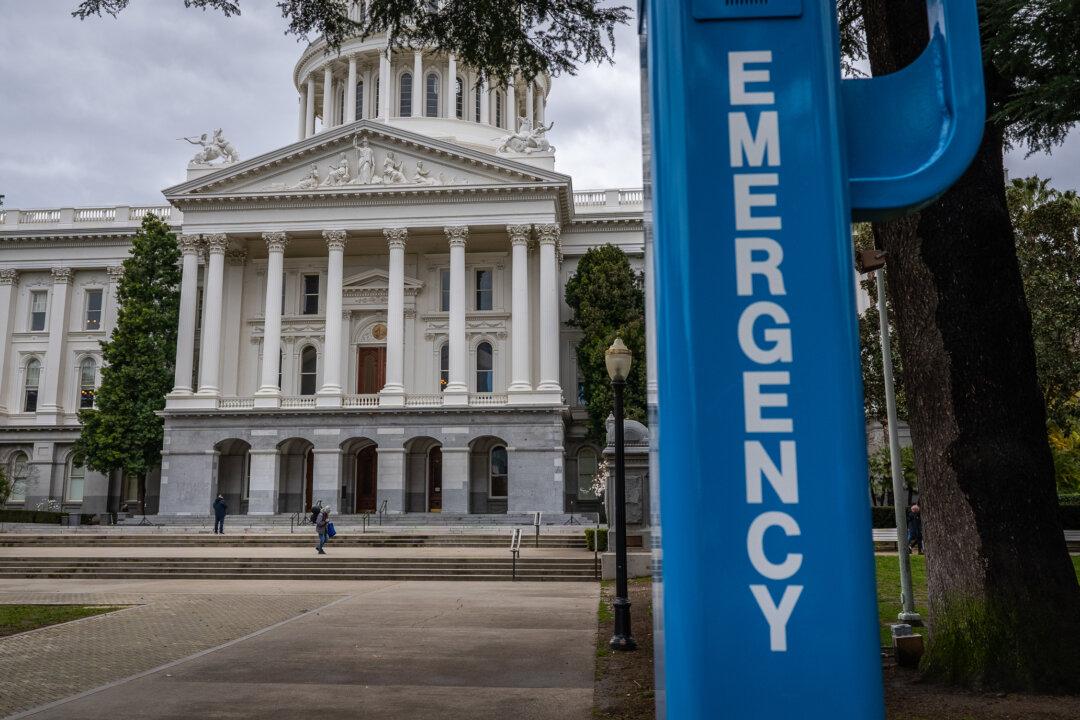A hearing for Assemblyman Jim Patterson’s (R-Fresno) recently introduced Assembly Bill 1058 (AB 1058), aiming to increase penalties for fentanyl dealers, was postponed indefinitely by Assemblyman Reginald Jones-Sawyer (D-Los Angeles), chair of the public safety committee, on Thursday, March 23.
In a press conference held in Fresno March 24, Patterson decried the move while flanked by a group supporting sentencing enhancements for fentanyl distribution, including law enforcement officials and mothers of overdose victims.





